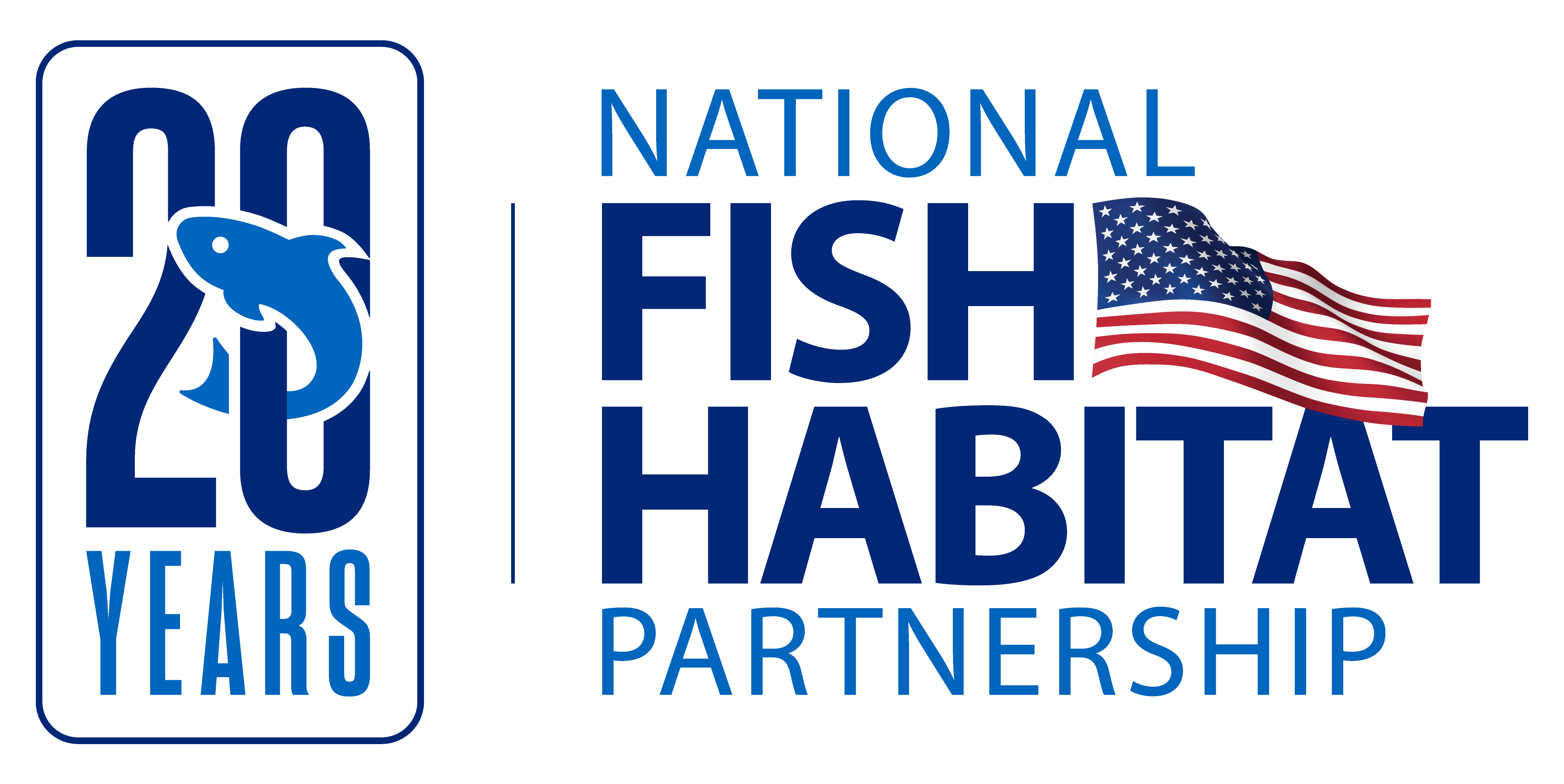
6/16/2022 2:23 AM
NOAA Fisheries is funding three projects to restore habitat through the coastal National Fish Habitat Partnerships. These projects will actively engage anglers, who make critical contributions to fish habitat conservation nationwide, and will benefit coastal communities and economies. The projects demonstrate NOAA’s commitment to restoring fish habitat and supporting access to sustainable saltwater recreational fishing, a popular pastime that boosts the U.S. economy.
Coral Reef Restoration in West Oahu, Hawai’i
Hawaiʻi Fish Habitat Partnership
To address loss of coral habitat in West O‘ahu, Kuleana Coral Reefs will restore coral reefs with local anglers and other community members. They will complete the work in partnership with the Hawaiʻi Fish Habitat Partnership, University of Hawaiʻi Institute of Marine Biology, Hawaiʻi State Department of Aquatic Resources, Brigham Young University–Hawaiʻii, and Ko Olina Resorts & Marina. Project participants will transplant 200 coral fragments, create 20 small artificial reef structures, and restore 40 dislodged mature coral colonies. Project organizers will also hold two hands-on educational events with the fishing community, where participants will actively restore fish habitat in their own backyards.
Engaging Underrepresented Coastal Communities in Recreational Fishing and Habitat Conservation in South Carolina
Southeast Aquatic Resources Partnership
The South Carolina Department of Natural Resources’ South Carolina Oyster Recycling and Enhancement and Seeds to Shoreline® Programs will engage students in habitat conservation in collaboration with the Southeast Aquatic Resources Partnership. Project organizers will involve students in hands-on community-based restoration and teach them about ways to improve estuary health. Students will also learn more about the ecological importance of coastal habitat restoration for recreational fisheries. Local underrepresented student groups (groups who engage in recreational fishing but are not well represented in other aspects of this industry) will contribute to oyster reef restoration. They will prepare derelict crab traps, donated by Ocean Aid 360’s Marine habitat Restoration Program, to use as reef substrate, and marsh grass for outplanting. Project organizers will hold at least 30 events along the coast of Charleston, South Carolina.
These events will include:
Educational programs
Collecting marsh seeds
Germinating and growing marsh grass
Preparing oyster reef substrate including bagged shell and derelict crab traps
Constructing oyster reefs and planting marsh grass at project sites
Fishing for blue crabs and finfish at restored sites
Ultimately, this pilot project will result in a transferable model for the programs. Through early education and outreach activities, the model will be used to enhance the engagement of underrepresented groups in the recreational fishing community.
Alaska Fish Habitat Mapping and Community Science: Engaging Anglers in Caring for Their Home Waters
Southeast Alaska Fish Habitat Partnership
Trout Unlimited and the Southeast Alaska Fish Habitat Partnership will engage and grow the community of conservation-minded recreational anglers in southeast Alaska. The project will provide information on important freshwater habitats that support recreational fish species. It will prepare and encourage anglers to volunteer for field surveys of waters and species not yet listed in the Alaska Anadromous Waters Catalog in this part of the state. Ultimately, this effort should increase the number of protected water bodies that support recreationally important fish species through their inclusion in the Catalog. The project will directly impact future decision-making by bolstering the best available scientific information, protecting important water bodies, and increasing understanding of important fish habitat in Alaska.
